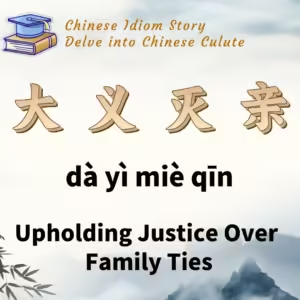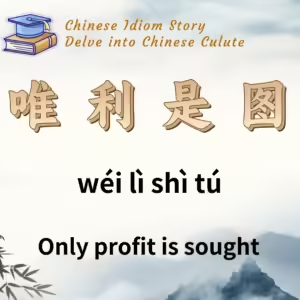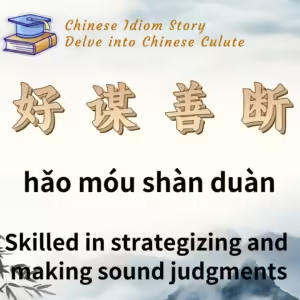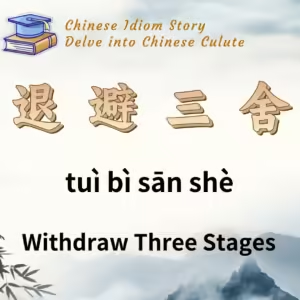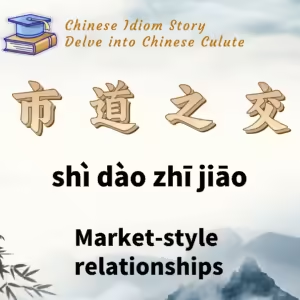
Chinese Idiom: 言归于好 (Yan Gui Yu Hao)
English Translation: Reconcile and return to friendship
pīn yīn: yán guī yú hǎo
Idiom Meaning: This idiom refers to the act of resolving past conflicts or disagreements and restoring a friendly relationship. It emphasizes the idea of returning to a state of goodwill after a period of discord.
Historical Source: Zuo Zhuan (《左传·僖公九年》).
Idiom Story:
During the Spring and Autumn Period, various feudal lords vied for power, leading to years of conflict and warfare. To mend the relationships between the states, Duke Huan of Qi called for a meeting in 615 BC at Kuiqiu, known as the “Kuiqiu Alliance Meeting.” The meeting brought together lords from various states, including Lu, Qi, Wei, Zheng, Xu, and Cao.
At the alliance, the lords expressed their views, leading to intense debates. After much discussion, they reached several important agreements: first, they would not block water sources; second, they would ensure the unimpeded flow of grain; and third, they would respect and nurture talent, selecting wise individuals instead of relying on hereditary positions.
At the conclusion of the meeting, Duke Huan urged the participating states to adhere to their agreements and work towards eliminating past grievances, fostering a renewed sense of friendship and cooperation.
From this historical context, the phrase “言归于好” came to signify the act of reconciling and restoring friendly relations after a period of strife or misunderstanding. It underscores the importance of unity and cooperation among individuals or groups following conflicts.

